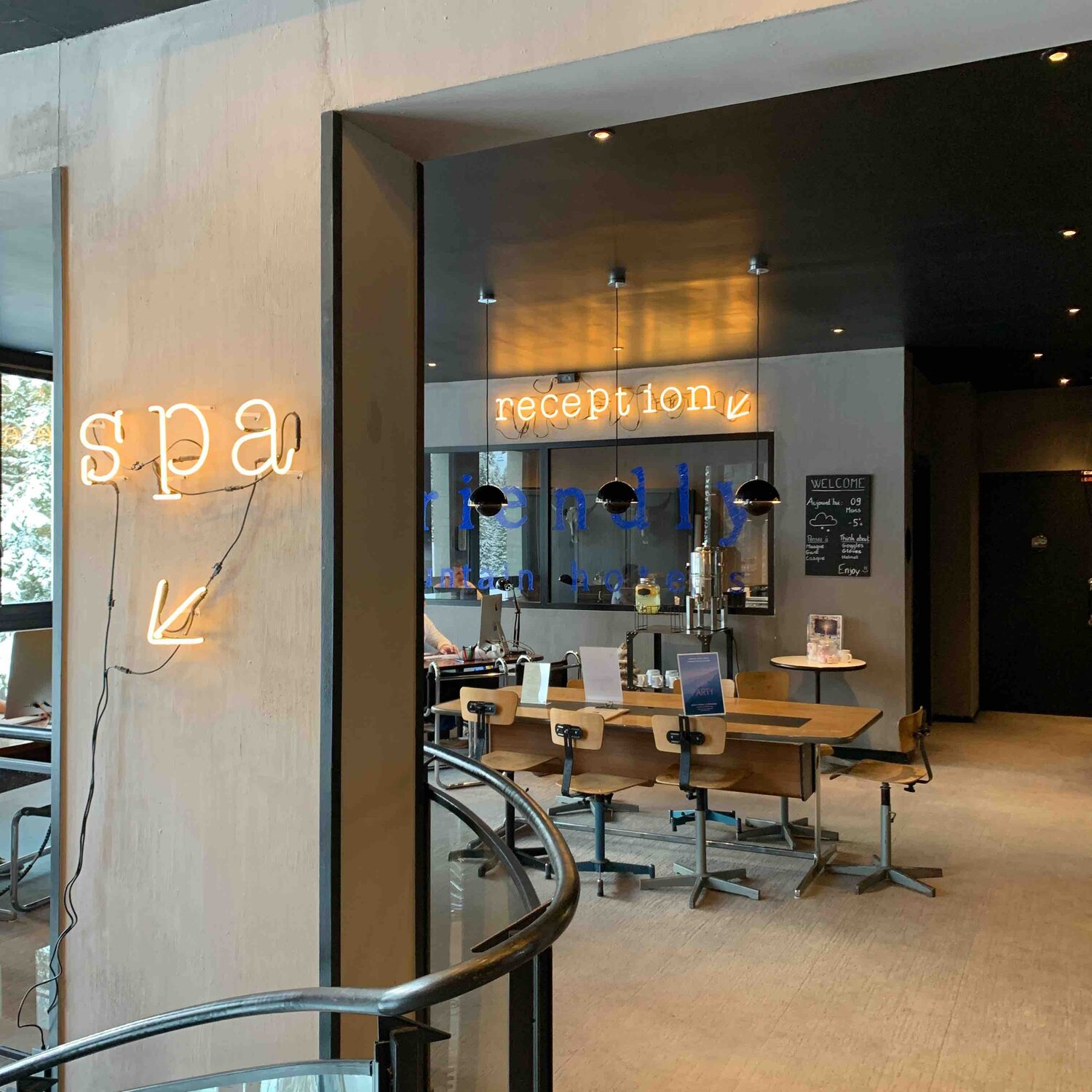In early 2019 I asked the question whether hotels could learn from travel agents in adding value through “ancillaries” – meaning all of the extra services and products linked to the travel experience. I also highlighted the impact of Airbnb’s experiences portal which provides a number of extras that guests could book when confirming their stay and asked whether hotels had an opportunity to tap into these needs.
At the time the original article was written, there was ongoing concern about how to compete with Airbnb and other home-stay products as well as how to compete with the twin OTA behemoths of Expedia and Priceline.
Fast forward a little over a year and what a change in the accommodation and travel landscape! Hotels are closed all over the world, travel agents are struggling and the OTAs are overwhelmed. Many people who have booked via an OTA have been treated like pinballs, pushed from OTA backwards and forwards to the hotel/airline/transport provider to try and determine who is responsible for a refund.
On the other hand, hotels have been seen as exemplars of working with their communities and providing refunds as requested.
Now, to be fair to the OTAs, no one expected COVID-19 and they were trying to simultaneously prepare staff to work from home and respond to traveler requests so you can understand some delays. On the other hand, hotels that have responded quickly and fairly to guests who had booked directly have managed to build a much better relationship with their clients and have a golden opportunity to take that into the future.
One area where Airbnb has managed to place itself above its competitors during the current crisis is that, rather than forgoing income, their experiences page now offers virtual experiences while travelers wait for the lifting of restrictions. You can now book everything from how to make sangria with drag queens in Lisbon -yes, really- to mediation with a Japanese monk.
Ancillaries in the airlines industry are worth billions of dollars each year but clearly, they are not selling any at the moment. Airbnb is not selling any rooms, but they ARE still selling ancillaries. Is there a lesson here?
The fact is that airlines and travel agents have traditionally played the role of experience facilitators and built an itinerary around this, whereas innovators have picked up some of this and filled the void.
The question for hotels in the post-COVID world, is how to fit in? Are there similar opportunities for hotels to build more ancillaries than just chocolates, champagne or breakfast at a discounted rate? Companies such as iseatz.com are already providing software with add-on modules for car hire, dining and experiences, so why aren’t more hotels taking up this opportunity?
As I wrote last year, hotels are just as fascinating as airlines, and they can offer guests everything from a romantic escape to an over-the-top wedding experience. Hotels can be the local experts for travelers, even now.
Ancillaries are just like any other upsell, except that in hotels they should be more than just a cynical attempt to increase the sale. In the new world of travel, our guests are going to be even more inclined to deal with those who they believe were in-tune with their challenges.
The number of challenges will continue to grow and change – such is life – but the basics of human interaction will not. People like to deal with people they like, and they want to deal with those who they think care about more than their dollars.
Sounds like a perfect opportunity to me.
